A peace that depends on fear is nothing but a suppressed war
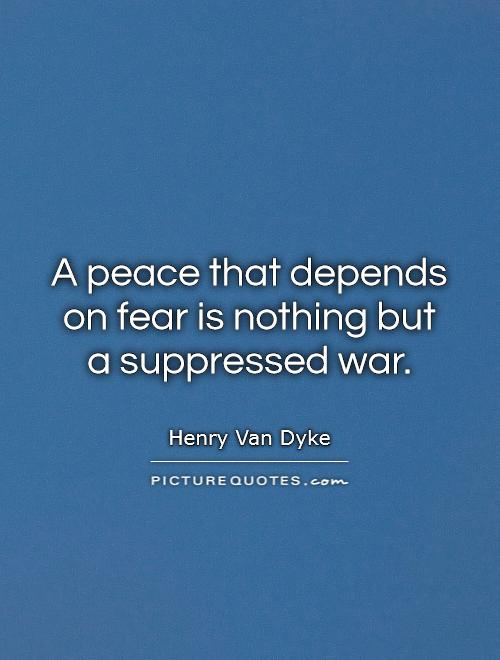
A peace that depends on fear is nothing but a suppressed war
Henry Van Dyke, a renowned American author, poet, and clergyman, once said, “A peace that depends on fear is nothing but a suppressed war.” These words hold profound meaning and relevance in today's world, where conflicts and tensions persist despite efforts to maintain peace through intimidation and coercion.In the context of Van Dyke's words, it is essential to understand that true peace cannot be achieved through fear and intimidation. When peace is enforced through fear, it is merely a facade that masks underlying tensions and conflicts. This type of peace is fragile and unsustainable, as it relies on the suppression of dissent and the use of force to maintain order. In essence, it is a form of control rather than genuine harmony.
History is replete with examples of peace that was maintained through fear and oppression, only to erupt into violence and conflict when the oppressed finally rose up against their oppressors. The Soviet Union, for instance, maintained a semblance of peace through fear and intimidation, but it eventually collapsed under the weight of its own repressive regime. Similarly, authoritarian regimes around the world have used fear as a tool to suppress dissent and maintain power, but such peace is always tenuous and prone to collapse.
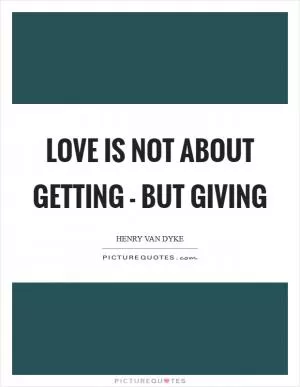

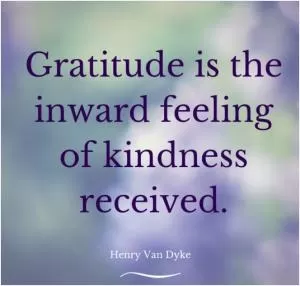
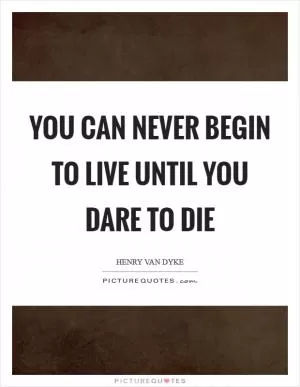


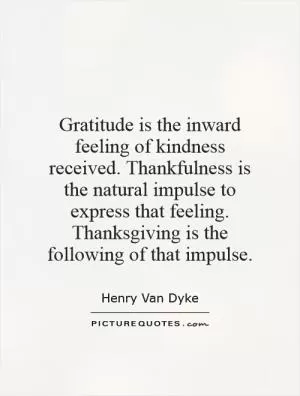

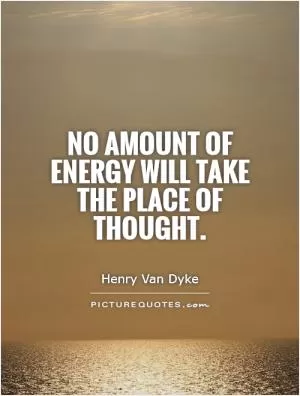
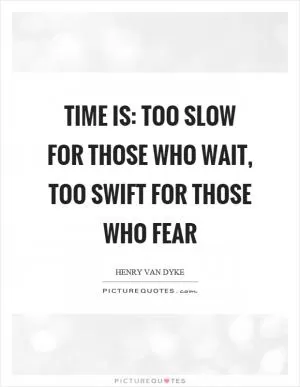

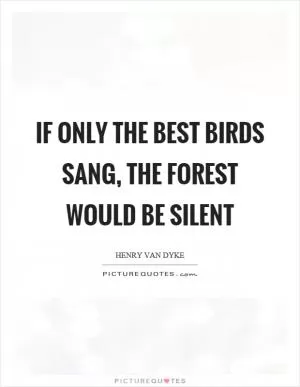
 Friendship Quotes
Friendship Quotes Love Quotes
Love Quotes Life Quotes
Life Quotes Funny Quotes
Funny Quotes Motivational Quotes
Motivational Quotes Inspirational Quotes
Inspirational Quotes